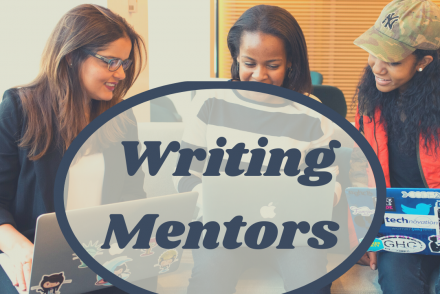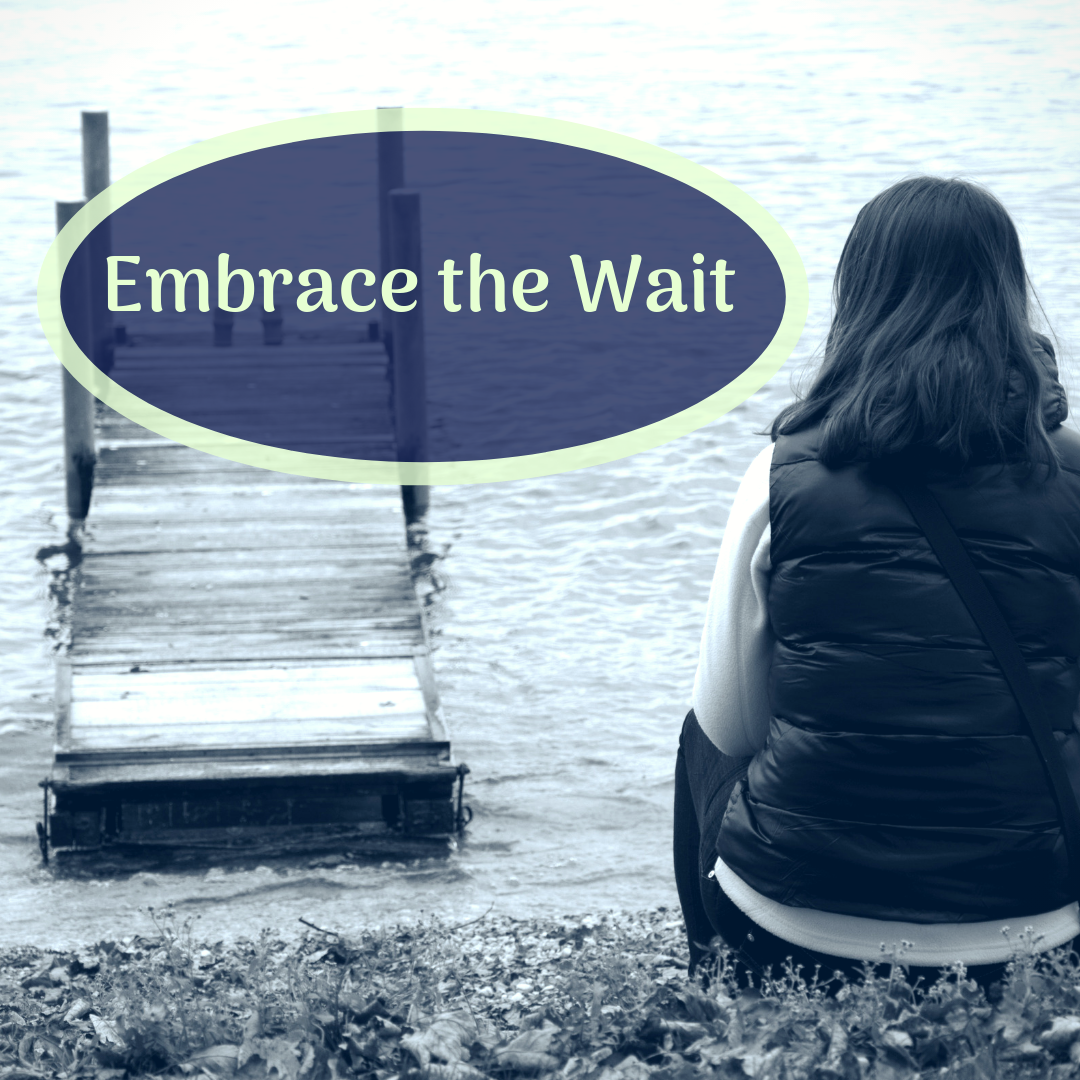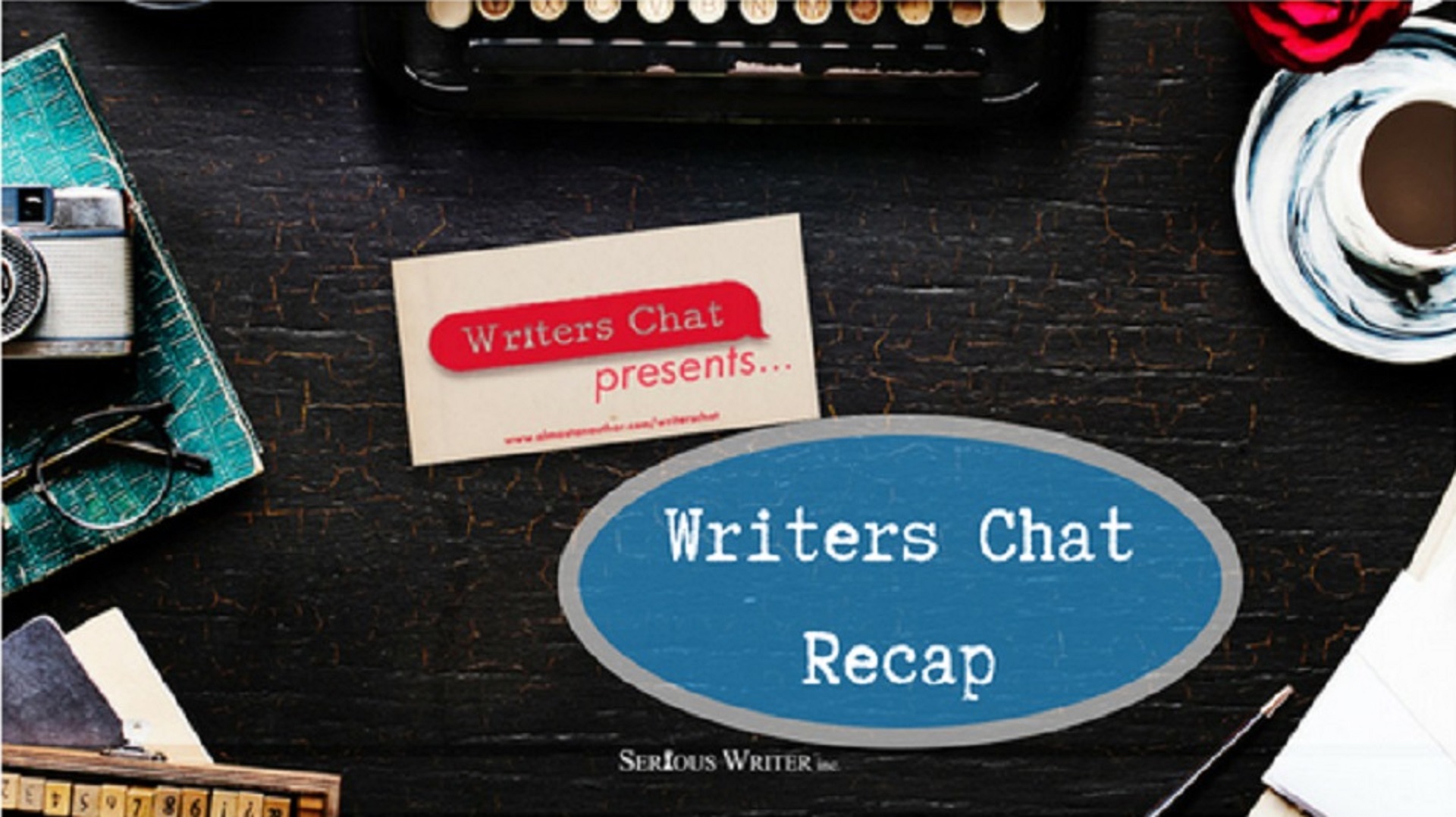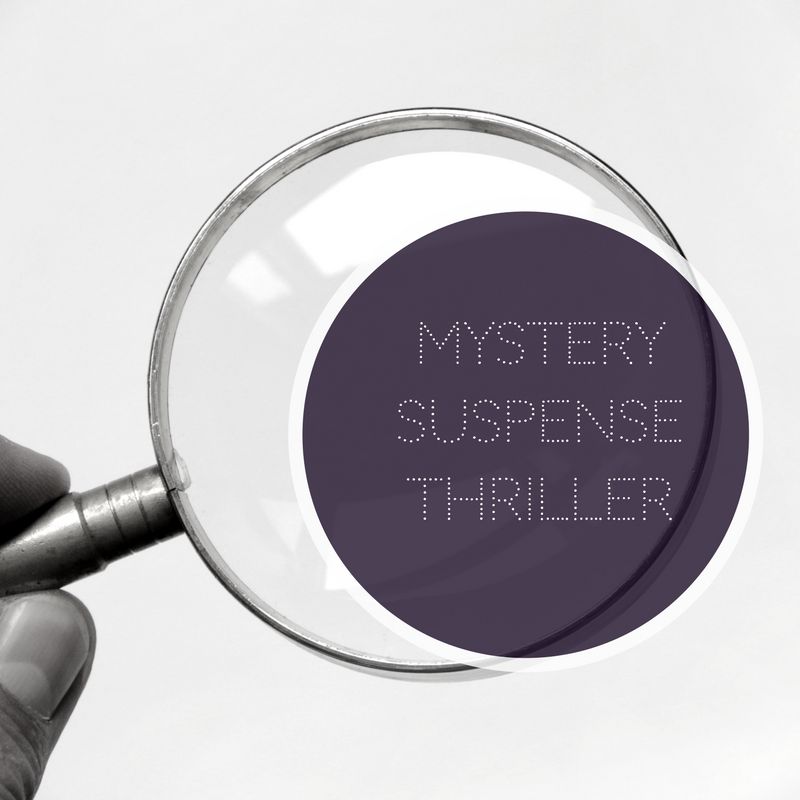
Writers Chat Recap for February Part 1
Writers Chat, hosted by Jean Wise, Johnnie Alexander, and Brandy Brow, is the show where we talk about all…
February 15, 2022
Writers Chat, hosted by Jean Wise, Johnnie Alexander, and Brandy Brow, is the show where we talk about all…
February 15, 2022
I love writing conferences. If you have been reading this blog for very long, you already know that, because…
October 6, 2021
Why do you write? Do you have a theme, message, or goal for your books? I write because I…
June 19, 2021
As I write this, I’m getting ready to attend my first in-person writers conference in two years. I have…
June 6, 2021
It’s almost SWCS, or Summer Writers Conference Season, for those of you who don’t know. I attended my first…
May 6, 2021
One month ago my first novel officially released. As you might guess, I am proud of finally achieving that…
March 8, 2021
I am convinced that my writing journey is not just about me. God has a master plan to use…
December 5, 2020
Writers Chat, hosted by Jean Wise, Johnnie Alexander, and Bethany Jett, is the show where we talk about all…
October 30, 2018
Did you know there are conferences throughout the country that focus on the mystery / suspense / thriller genre?…
July 31, 2018
This past month I packed up my little bag, tucked my insecurity into the glove box and drove south…
May 15, 2018
In this Writer’s Chat, Cherrilynn Bisbano and Victoria Duerstock share behind-the-scenes tips and tricks to help you maximize your…
January 18, 2018
My husband and I don’t live check-to-check, but we also don’t have lots of extra money. However, one thing…
December 22, 2017
I know about new writer pitfalls first hand. When my first book was written in 2009, the publishing industry…
August 25, 2017